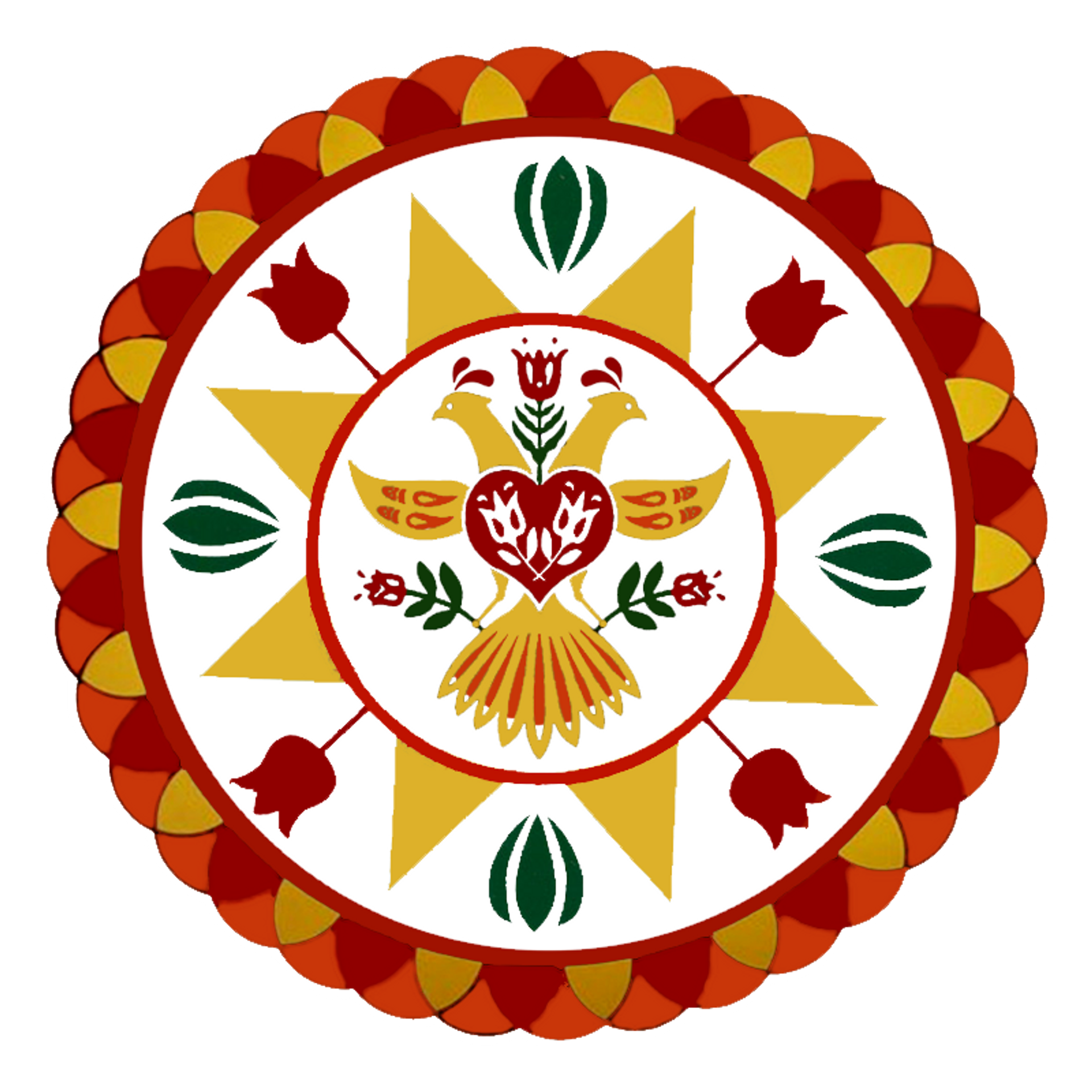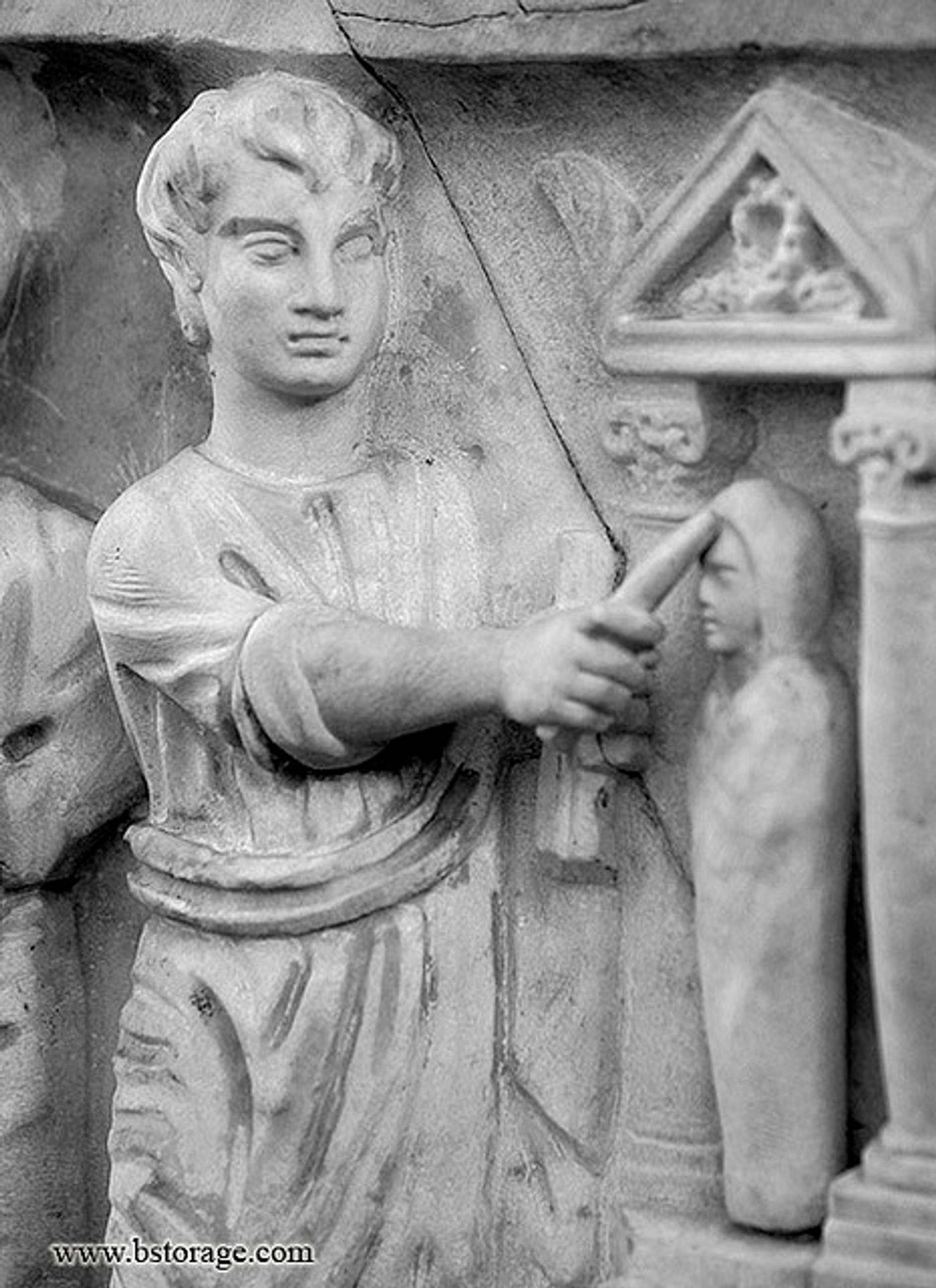

The Powwow Guy
Home of Robert Phoenix and Traditional Christian Pennsylvania German Powwow
Blog
Powwow article from 1979
|
|
Excerpts from “Powwowing: Folk Medicine or White Magic?”
Written by Forrest Moyer on May 16, 2018
In February 1979, the MHEP Newsletter published notes from a talk by Mennonite pastor Gerald Studer on the topic of “powwowing”—In German, Braucherei—a combination of faith healing and folk medicine. This ancient practice brought by Pennsylvania Germans from Europe has been preserved in pockets of the American countryside to the present day. Opinions have varied in the Pa. German community about the effectiveness and propriety of powwowing. Individuals from all religious groups—Lutheran, Reformed, Mennonite, Brethren, Evangelical, etc.—made use of powwow doctors, while others from the same groups were strongly opposed to the practice. See below for examples of local Mennonite powwowing.
If you’d like to read more on this topic, I recommend two books:
-Powwowing among the Pennsylvania Dutch: a traditional practice in the modern world by David W. Kriebel (Pennsylvania State University Press, 2007)
-Powwowing in Pennsylvania: Braucherei & the ritual of everyday life by Patrick J. Donmoyer (Pennsylvania German Cultural Heritage Center, Kutztown University, 2017)
-also, Gerald Studer published an article under the title “Powwowing: Folk Medicine or White Magic?” in the July 1980 issue of Pennsylvania Mennonite Heritage (available at the MHC). Studer’s papers, including research on powwowing, are archived at the Mennonite Heritage Center (Hist. Mss. 415).
The following bits and pieces come from the talk given by Gerald Studer on the subject of powwowing at Perkasie Mennonite Church on January 14, 1979. While not claiming to be comprehensive, Gerald provided new information documented through a wide number of sources. Some of this information, and some of Gerald’s opinions are represented below.
– Joyce Munro, MHEP Newsletter editor, 1979
Example of a remedy and incantation for sty on the eye
Sty, depart from here
God the Father, God the Son, God the Holy Ghost (Three X’S in a row often designate this phrase.)
I blow upon you three times.
(Said three times and blown three times.)
If the eyes are bad, one must make a little bag and must keep it on nine days, and then someone must drop it into running water.
Take the bag and stand with your back towards the water and throw the bag over your shoulder into the water. After it has fallen into the water, depart for your home and don’t look back.
The bag must be made of tow or flax unwashed. Into the bag put three pieces of celendine root and three pieces of the cheese mallow and three of some tophgen (earthen pots?) of ground salt. Mix all three together.
When you have made the bag, take three threads of yarn that were never wet. Make them long enough to tie the bag shut with enough left over to put the yarn three times around the neck.
Local powwowers
Some local powwowers were a man from Phoenixville; Oscar Long, Lutheran powwower from Earlington who died just a few years ago; Wallace Nice of Upper Salford Township and later of Wyncote, a powwower for animals only; Isaiah Kulp, a carpenter from Lansdale and a member of Towamencin Mennonite congregation; Mrs. Wallace Fuss, a member of Plains Mennonite congregation; Mrs. Harry Heckler, a member of Salford Mennonite congregation; and possibly Mrs. Henry Specht of Red Hill.
Certain descriptions used to explain powwowing
From Smithville, Ohio: “divine healing … ’tis love for your neighbor. There is no witching about it, but a skinny person cannot do it. You never accept money for powwowing; then it would not help.”
From David Luthy, a member of Pathway Publishing House: “Some of the Amish believe that some people have more electricity in their bodies than others do and can pull sickness from a person.”
Some powwowers combine powwowing with chiropractic, counseling, or vitamin therapy.
The extent of powwowing today (1979) and yesterday
Dean Hostetler of Nappanee, Indiana, told Gerald that “ninety percent of the Amish are under occult bondage. I know six powwowers within a two-mile area of Nappanee — three are lay persons, three are ministers, all are Amish. One is professional (having powwowing as a vocation), and five are of the family type (doing powwowing only as the need arises and often for only a few specific types of ailments).”
Isaac Clarence Kulp of Harleysville, Pennsylvania, told Gerald that “the Brethren practiced powwowing less than the Mennonites of this area, but the Brethren anointed with oil more than the Mennonites did. Also, the Brethren have never condemned powwowing while the Mennonites have strongly condemned it.”
Claims powwowers make
Powwowers treat a wide variety of diseases as divergent as arthritis, asthma, bleeding, bone felony, cataracts, cysts, erysipelas, gall stones, insomnia, lumbago, sinus, sore mouth, and warts — to name a few.
Certain beliefs held by powwowers
Powwowers deny any association with hexerei or witchery (black magic).
Powwowers insist that the recipient of their powers must express a faith in God. Among “Church” Pennsylvania Dutch (Lutheran and Reformed), powwowing was done for only baptized persons. Among “Plain” Dutch (Amish, Mennonite, and Brethren), unbaptized children were also treated, because the individual bringing the child supplied the element of faith.
Powwowers use incantations that frequently refer to the perpetual virginity of Mary or that appeal especially to her — Roman Catholic beliefs gone underground since the Reformation?
Powwowers traditionally passed on this knowledge in a particular way; namely, only a man could teach a woman and only a woman could teach a man.
Gerald Studer’s position on powwowing
“Our forefathers used powwowing for pragmatic and utilitarian reasons — it worked, was frequently as effective as medical cures today … I see powwowing as an expression of demonic power in the sense that we are all subject to being deceived as by an ‘angel of light’ seeking whom he may deceive and, if possible, devour. And the fact that powwowing works proves nothing at all. Many things work that are wrong.”
“Powwowing is not gentle amusement or antiquated comedy. It cannot be cooly described. The real essence of powwowing can never be reproduced or discussed in a book. It remains a secret. We should give it our attention only in order to rise above it in every respect.”
Jacob Mensch (1835-1912) was a minister at Upper Skippack Mennonite Church. His papers at the Mennonite Heritage Center (Hist. Mss. ![]() include two German letters received from Samuel Musselman (1835-1902), an Evangelical preacher and powwow doctor of Center Valley, Lehigh County. Musselman attempted to heal Mensch or his wife through Braucherei — powwowing — remotely, without actually meeting in person.
include two German letters received from Samuel Musselman (1835-1902), an Evangelical preacher and powwow doctor of Center Valley, Lehigh County. Musselman attempted to heal Mensch or his wife through Braucherei — powwowing — remotely, without actually meeting in person.
The two letters are reproduced here, translated by John Ruth:
February 18, 1895
Peace be with you.
Beloved friends Jacob and Maria Mensch, with these few lines I let you know that I, God be praised, am still in usual health, and I hope these few lines will find you the same. Your letter dated February 14 came to hand, in which I read of the condition of your injuries. I have carefully Brauched, and I think it must have helped. May the Lord grant his blessing thereto. It is he who can help, and no human. We can only do our duty. Now I will brauch over, or yet another time. Sometimes that has to be. But I can not now brauch again until the first Friday in the new moon—that is the first of March, and I won’t be finished with Brauchen until the 24th of May, and after May 24 write me again how it is, and if it isn’t good, then I will brauch the 3rd time, which I nevertheless hope will not be necessary.
Now I must hasten to close my writing, since time does not allow me to write more today. I would have, indeed, much more to write, and would much rather speak with you by mouth, of the pilgrimage to the land of eternity, which is my element, and my heart’s joy, and I fully believe that if we could converse orally with each other we would have a pleasant time. But we will seek to meet each other there where peace endures forever.
In closing, yet another greeting of love:
Herewith I want to close my page,
And greet you again from my heart,
And counsel you to fight on,
And strive under Jesus’ banner,
Strive nobly, then follows the reward,
And after the battle the crown of victory.
So much from your friend and well-wisher
Samuel M. Musselman
June 11, 1895
Much loved friends J. and M. Mensch,
Peace be with you.
May the Spirit of the Lord rest upon us here in time and there eternally through Jesus Ch. Amen.
With these few lines I let you know that I, God be praised, am still in normal health and hope these few lines find you also in health.
Further, I let you know that yesterday I received your letter dated the 7th of June, and with regret saw that you have not been healed from your injuries. What the reason is I do not know. Now I will brauch yet again. But send me your names again. As you write, let no letter be missing in the name. Perhaps there is somehow a mistake in the name as I have it; and write for me exactly as you can where your hernia is. Write your wife’s birth [maiden] name; then I will brauch once again. That is all I can do, but it is God who can help. May the Lord grant his blessing thereto. I will brauch again on the 28th of June, and will finish with brauchen on the 26th of August. Then write me again, and if it should still not be good, which I certainly hope, but has nevertheless become significantly better, then I will brauch once again, if the Lord grants me life and health. In closing, another greeting of love. So much from your well-wisher
Samuel M. Musselman
Categories: None